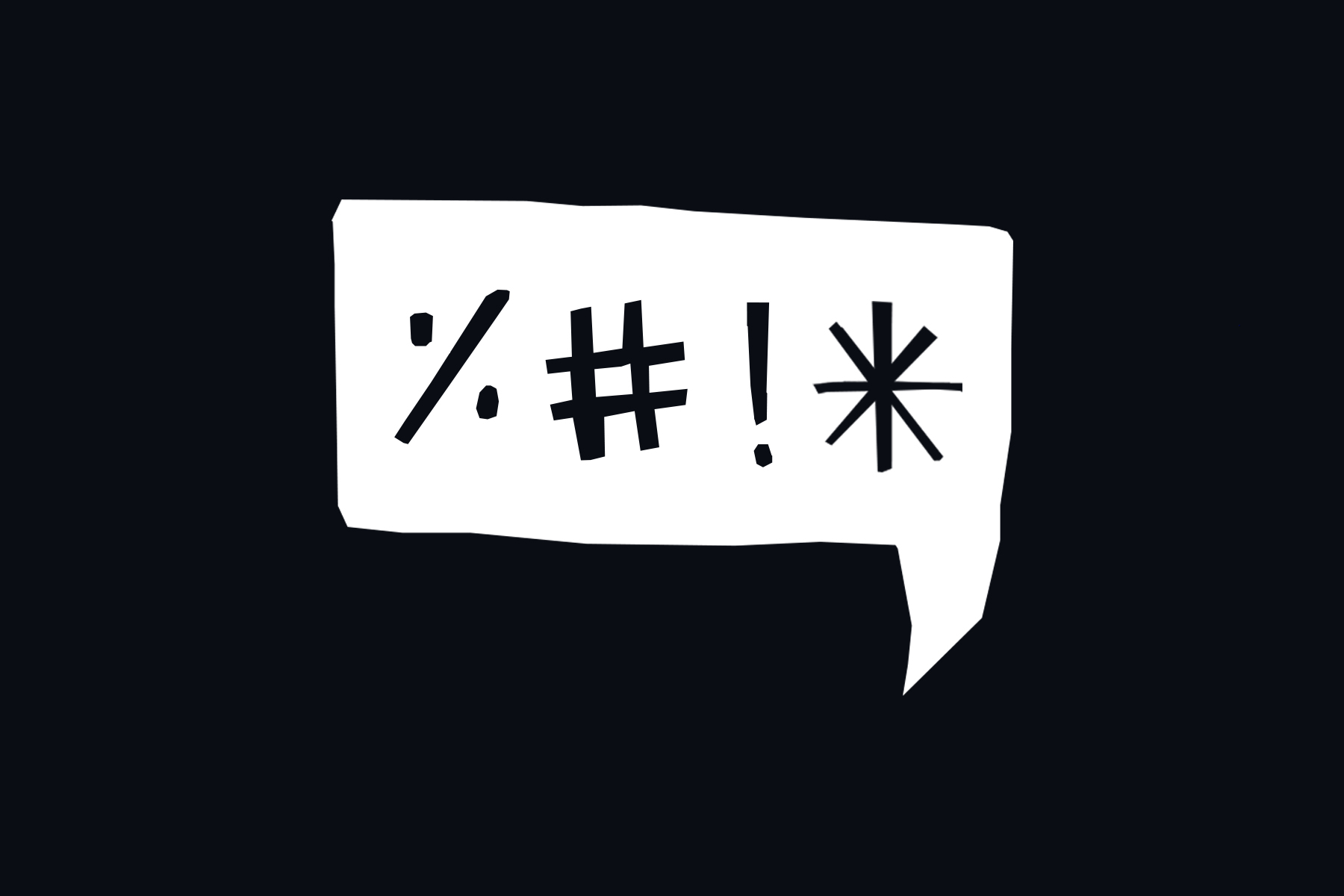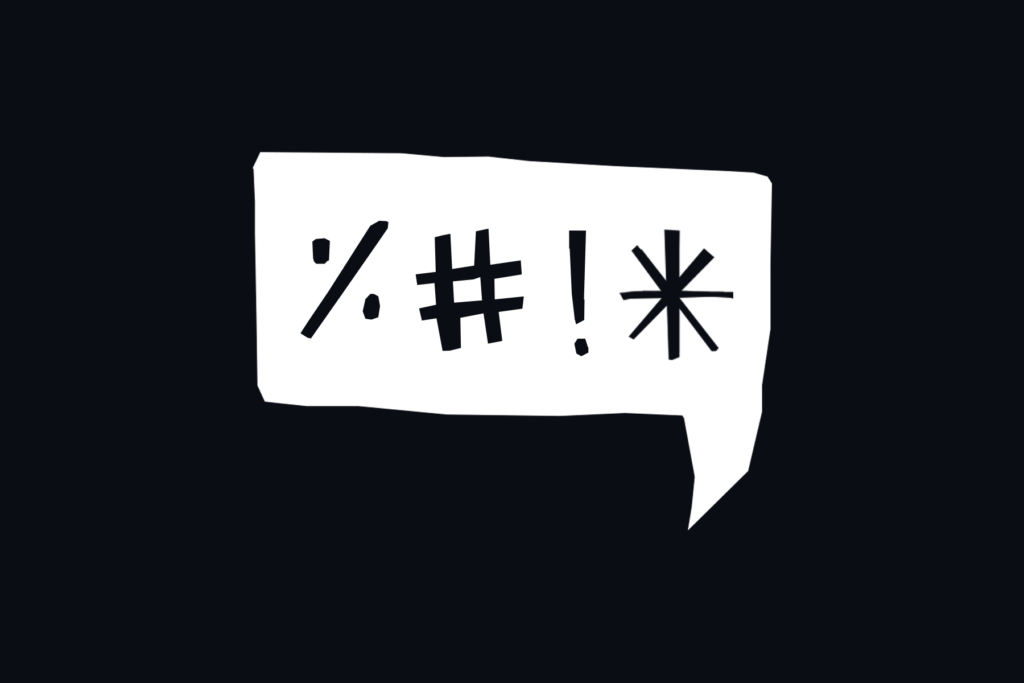
MonitorA: hate speech against candidates in the 2020 elections
Organizations collect and analyze comments directed at candidates from across the political spectrum during the elections, to understand dynamics of discrimination and hatred

The 2020 elections are occurring during a pandemic, and have the potential to go more online than ever. In this context, the candidates have been using platforms such as Twitter, Facebook and Instagram, as well as instant messaging applications, such as Whatsapp and Telegram, much more intensely and creatively, to publicize their ideas and proposals.
This dynamic points to three important challenges¹. First, we can question how these virtual spaces are being used by the candidacies and how this can (or not) be controlled by the Electoral Justice Authorities. Secondly, the fact that the internet is accessed in a very unequal manner by the Brazilian population – which sees, for example, part of society accessing the internet only by cell phone – raises concerns that the portion of the population less connected are vulnerable to phenomena such as misinformation and the circulation of fake news. And, finally, it is a concern that candidacies of women, blacks and LGBTI + are targets for more intense hate speech than had occurred in previous years because they are more accessible online and use virtual platforms much more.
With regard, specifically, to the participation of women, black people and LGBTI +, there have been some new developments in the 2020 elections. One of these pointed to by the magazine Gênero e Número suggests that the scenario is not favorable to the candidacies of women The number of candidates for city halls, when compared to the number of candidates in 2016, showed a small increase of 0.1%, while the number of candidates for city councils increased 1.3%. With regard to the candidacies of black people, there have been 270 thousand candidates for mayors and councilors, which means an increase of 2.08%. At this point, the biggest news is that the number of black people who have become candidates is greater than that of white people: 50% of black people and 48% of white people.
In turn, the number of LGBTI + candidates, according to the Folha de S. Paulo newspaper. Although this cannot be confirmed, since the candidates do not fill out the information on sexual orientation in the Electoral Court, a survey carried out by the LGBTI +National Alliance showed that 411 pre-candidates publicly declared themselves as LGBTI +, in 2016 the number was 215 candidates.
In view of this scenario, as part of a broader research on hate speech against women, we are developing, in partnership with AzMina magazine, MonitorA, a project to follow the posts addressed to candidates on different social networks (Twitter, YouTube, Instagram and Facebook). We want to contribute to the understanding of how these dynamics occur in electoral periods – and the interactions between this phenomenon and that of political violence, which intersects it. At MonitorA, we are collecting posts, developing glossaries for analysis, internal visualization tools and ways of visualizing information. We will also do analyzes together and separately, and work on the data to develop recommendations and referrals.
For this, we selected candidates from nine political parties, which are situated in defined ideological spectra, according to the criteria of the Congress in Focus as of the right, center and left. These candidates are running for the offices of councilors, mayors and vice mayors. They are located in different states: Bahia, Minas Gerais, Pará, Santa Catarina, São Paulo, Rio de Janeiro and Rio Grande do Sul², and can be understood as multiple with regard to the social markers that constitute them as subjects, that is, are black, white, indigenous, heterosexual, lesbian, bisexual, religious, cissexual and transsexual women, among others. We will collect comments from people on profiles, pages and channels, and analyze them with the help of cross data, visualization techniques, filters with keywords and qualitative dives in specific cases.
The choice for ideological multiplicity and identity belongings was made in order to try to reach a considerable number of candidates who are in different social places and, thus, to be able to answer some central questions: Are there differences in the way hate speech is directed at women? Are the differences related to the social markers of difference or to their ideological beliefs? Is it possible to perceive patterns, and how do these patterns change according to these variables?
As a form of control for the research, we selected some male candidates, which will serve as a comparative parameter. Even though the number of men with profiles on the monitored social networks is smaller, we also consider multiple criteria in our choices, with regard to the parties, the intended positions and the multiple ways of being socially identified – we selected black, white men, heterosexual, cissexual and transsexuals.
Based on this monitoring, we will also seek to understand how and if the hate speech appears as directed to male candidates. If so, is it different for each of these men? Do the social markers of difference influence the reception that candidates receive and, compared to women, what differences can be pointed out?
The monitoring of candidacies will also offer subsidies to understand how hate speech operates in different social networks. Finally, it will bring tools for analyzing how candidates use platforms: does the number of followers and / or subscribers on its pages grow during the electoral process, or does it reduce or remain level? Are there differences in the way networks are used when you belong to different ideological spectra? Whom do the candidates talk to during the election?
These questions will help to analyze social dynamics and discourses established in the networks and the way candidacies can affect and be impacted by them. We also hope that they will contribute to other efforts in understanding the multiple faces of hate speech against women, and to responses in terms of public policies and the private policies of social networks.
History
From the understanding that, during political campaigns, the social markers of difference become instrumentalized – either to reaffirm identities and target specific voters, or to confront and combat the presence of groups socially viewed as subordinates in the electoral dispute – InternetLab monitored and documented events involving these social markers and the internet in the last two elections.
In the Other Voices reports: Gender, Race, Class and Sexuality in the 2016 Elections and Other Voices: Gender, Race, Class and Sexuality in the 2018 Elections in which we seek to produce a record about how much gender, class, race and sexuality issues permeated political events on the internet and informed, to some extent, the perception that candidates and the electorate belong to different social groups had of elections.In the 2020 elections, in addition to the above, we continue with the objective of contributing to the production of a record related to the use of the internet by candidates and voters.
Through InternetLab, MonitorA is one of the fronts of the Recognize, Resist and Remedy project, a partnership with the Indian organization IT for Change, funded by IDRC (International Development Research Center), to research manifestations and problems in confronting online hate speech against women in Brazil and India. See more about the project and its different activities here.
¹ Some of these challenges were also considered in the document Elections, Internet and Rights: Contributions of the Network Rights Coalition to the 2020 electoral process, produced by the Coalition Network Rights.
² This year’s research is part of a larger project on hate speech against women in Brazil. The choice of the states of Bahia, Minas Gerais, Pará, Santa Catarina and São Paulo, in this way, is related to the case law research done previously by InternetLab in which these were the selected states. The states of Rio de Janeiro and Rio Grande do Sul, in turn, were chosen because of the candidacies of Benedita da Silva (PT) and Manuela D’Ávila (PCdoB), frequent targets of hate speech on social networks.
#desequalitiesandidentities, #discursodeódio #elections2020 #violencia politica